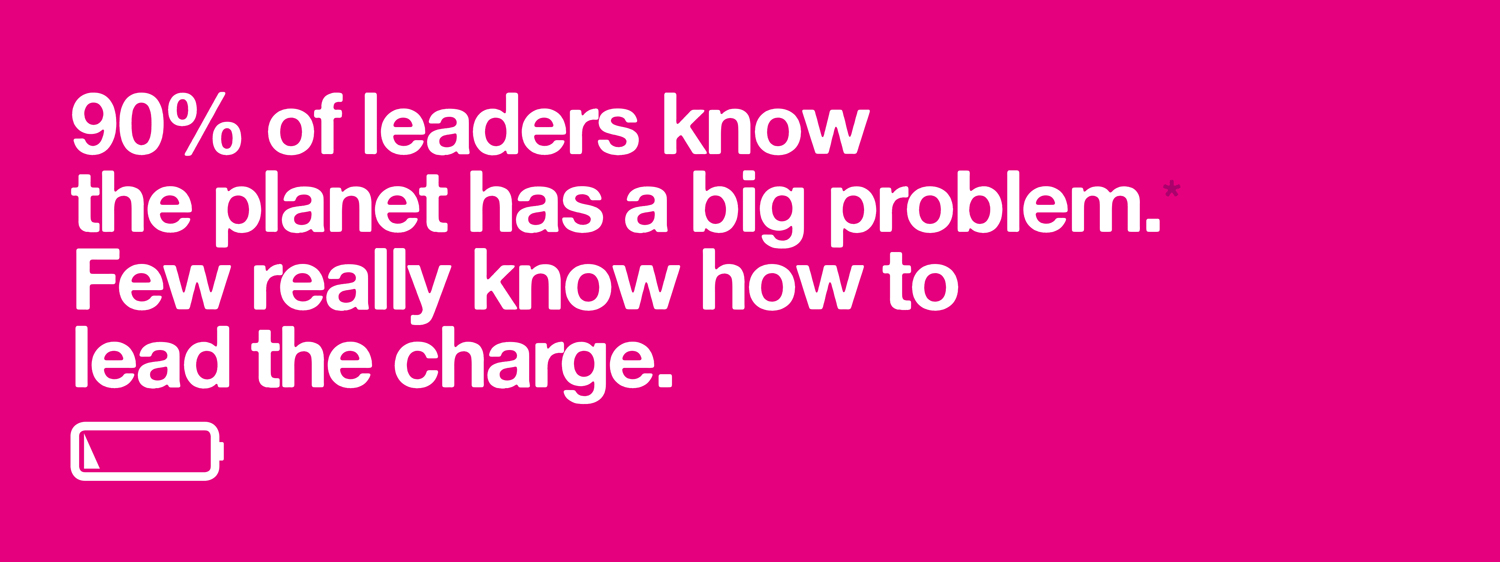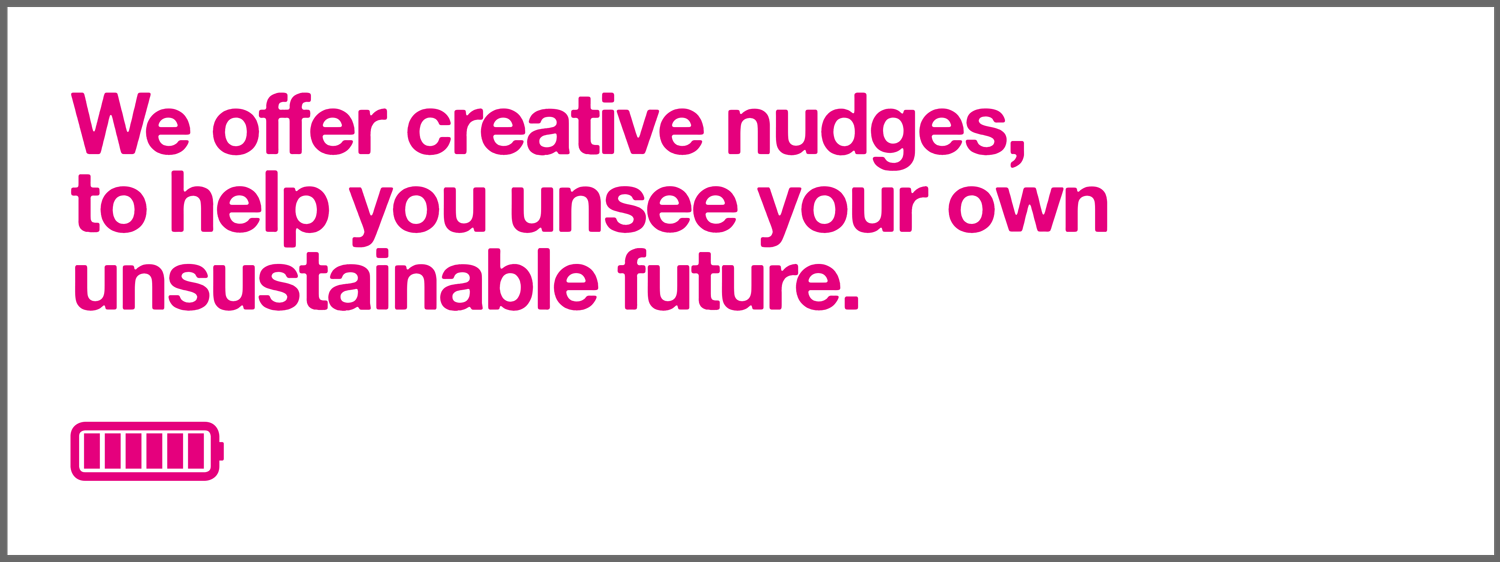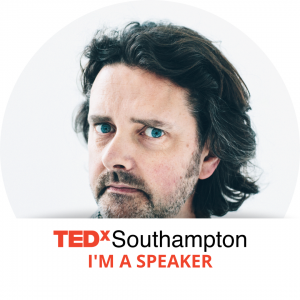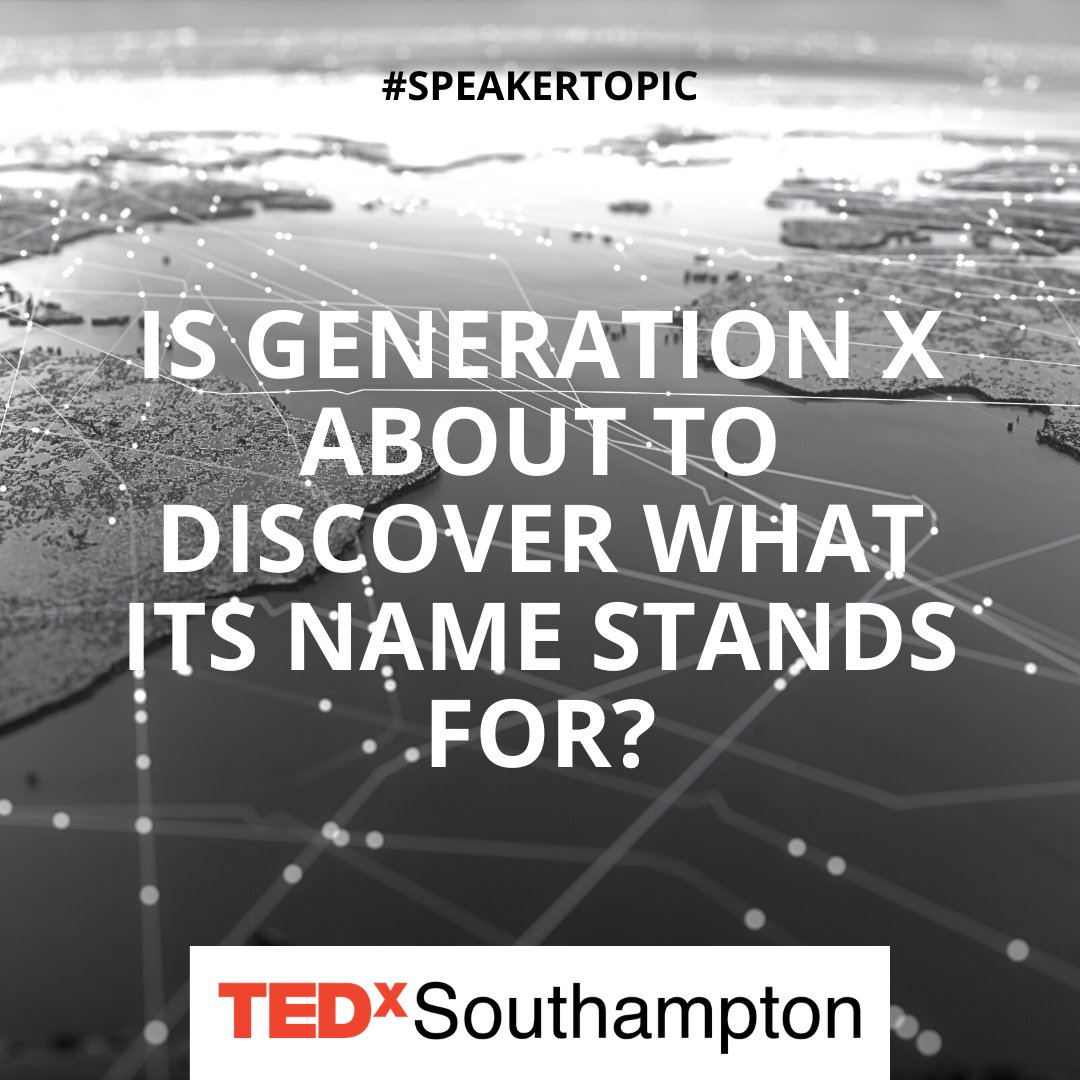Why could a business do with an injection of effective theatre? In a Covid-transformed world, change is on everyone’s agenda, but there may be any number of reasons why you could do with a creative critical friend and great storyteller right now. Triggers for your business or clients to take a fresh look at how they are doing things, that could be a starting point for us to help:
ENVIRONMENTAL SOCIAL GOVERNANCE
Wellbeing in the workplace and the place of business in society and planet – we can help encourage your people with a refreshed sense of context.
SUSTAINABILITY METRICS
Resource understanding and energy transition – we can help you get your head around the global challenges at local level.
DIGITAL TRANSFORMATION
Automation and innovation – we can help you understand what you really need beyond the tech jargon.
NEW ECONOMIES
Circular planning and social enterprise – we can help you redefine what success as part of the human planet even is.
DESIGN THINKING
Human-centred problem solving and first principles courage – we can help you get a bit of this and see your next challenges with new eyes.
BRAND ENGAGEMENT
Storytelling and creative development – we can help you articulate your more truthfully compelling tomorrow, to build more than an audience – a community.
EVENT MANAGEMENT
Campaign and experience enhancement – we can step in lightly, to help boost an upcoming kick-off or take the whole event strategy off your hands.
Brand encouragement in crisis.
We bring theatre and knowledge to hosting your planned event. Start the impact simply, but having the voice of Unsee The Future and co-host of The Global Goals Music Roadshow inject life, passion and informed playfulness to your corporate gathering around transformation and ESG. Thread together the story properly, in the planning and the live experience.
We offer creative critical strategy, to help you be readier, sooner. From thought starting about climate, politics, automation and how to turn your work to something with a new chapter of purpose, to breaking down the process with some design thinking. We help you make better contextual sense of global challenges, right where you are locally, understanding frameworks, like the UN’s Sustainable Development Goals, to encourage human values and culture change.
We can help you develop new frameworks of response. If you’re currently wondering where to even start finding the language for it, or what your new goals could look like. But we do it with a distinct sense of creativity and theatre. Helping you understand the story you feel you are in – and encouraging you with the tools and outlooks to write a whole new chapter.
We can bring a wider perspective to your table. For us, it’s about casting a new light upon mindsets, behaviours, habits – the stuff brands are built on. As well as life systems. And a key influence in reshaping culture is one particular first principle – asking a better mix of people to see it. We can help you get different voices into your usual room, to diffuse the echo chamber.
Words, pictures, platforms, experiences – they are all just creative tools to amplify your voice, where it needs to be heard more clearly. Working with a network of like-minded talents, across digital, film, events, spaces, talks and workshops, we can help articulate the next level of your story, exploring and enabling the next level of your strategy. Joining you for a stretch of your own journey as a critical friend, a consulting eye, a creative fixer, a connecting partner. Trying to work with people whose outlook we want to champion.
“We want to help business leaders that are ready to make a first leap find help and inspiration, to make clearer sense of why they still want to be in business in an age of radical shifts. And what kind of business. We want to encourage how they can help build a richer, more hopeful, human-planet tomorrow. Helping to shape truer and more sustainable human life; not just aesthetic work, but zoetic.“
What is the thing you most wish you could tell people about? Pop the kettle on and tell us.
Say hello directly by email >
or by calling the studio 01202 433811 >




